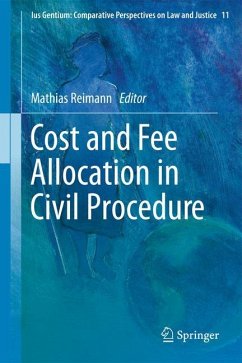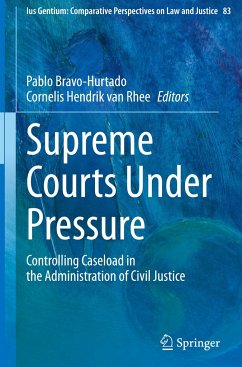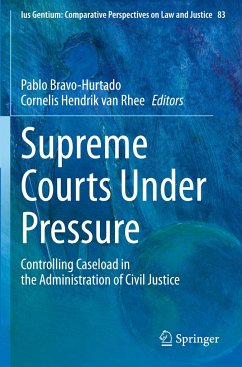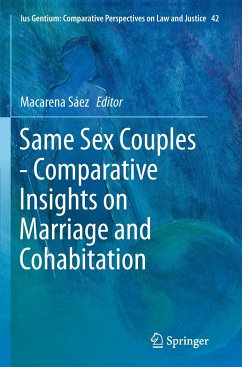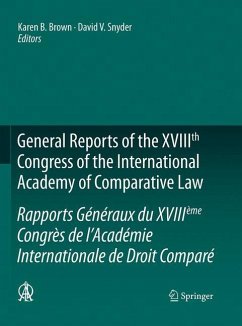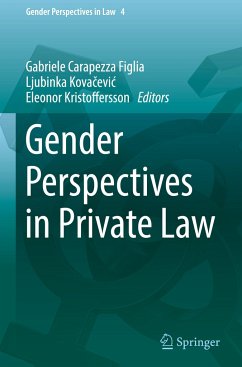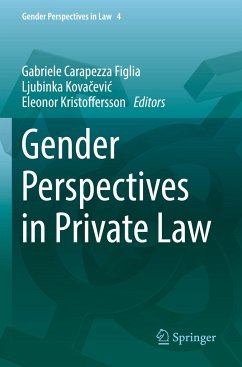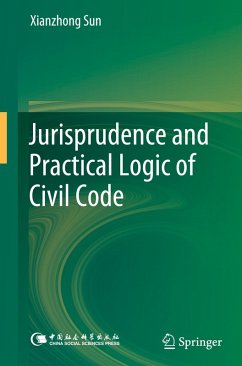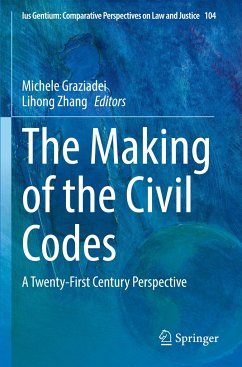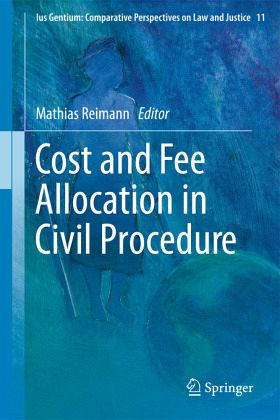
Cost and Fee Allocation in Civil Procedure
A Comparative Study
Herausgegeben: Reimann, Mathias

PAYBACK Punkte
38 °P sammeln!
The volume describes and analyzes how the costs of litigation in civil procedure are distributed in key countries around the world. It compares the various approaches, draws general conclusions from that comparison, and presents global trends as well as common problems and solutions. In particular, the book deals with three principal questions: First, who pays for civil litigation costs, i.e., to what extent do losers have to make winners whole? Second, how much money is at stake, i.e., how expensive is civil litigation in the respective jurisdictions? And third, whose money is ultimately spen...
The volume describes and analyzes how the costs of litigation in civil procedure are distributed in key countries around the world. It compares the various approaches, draws general conclusions from that comparison, and presents global trends as well as common problems and solutions. In particular, the book deals with three principal questions: First, who pays for civil litigation costs, i.e., to what extent do losers have to make winners whole? Second, how much money is at stake, i.e., how expensive is civil litigation in the respective jurisdictions? And third, whose money is ultimately spent, i.e., how are civil litigation costs distributed through mechanisms like legal aid, litigation insurance, collective actions, and success oriented fees? Inter alia, the study reveals a general trend towards deregulation of lawyer fees as well as a substantial correlation between the burden of litigation costs and membership of a jurisdiction in the civil and common law families.
This study is the result of the XVIIIth World Congress of Comparative Law held under the auspices of the International Academy of Comparative Law.
This study is the result of the XVIIIth World Congress of Comparative Law held under the auspices of the International Academy of Comparative Law.





